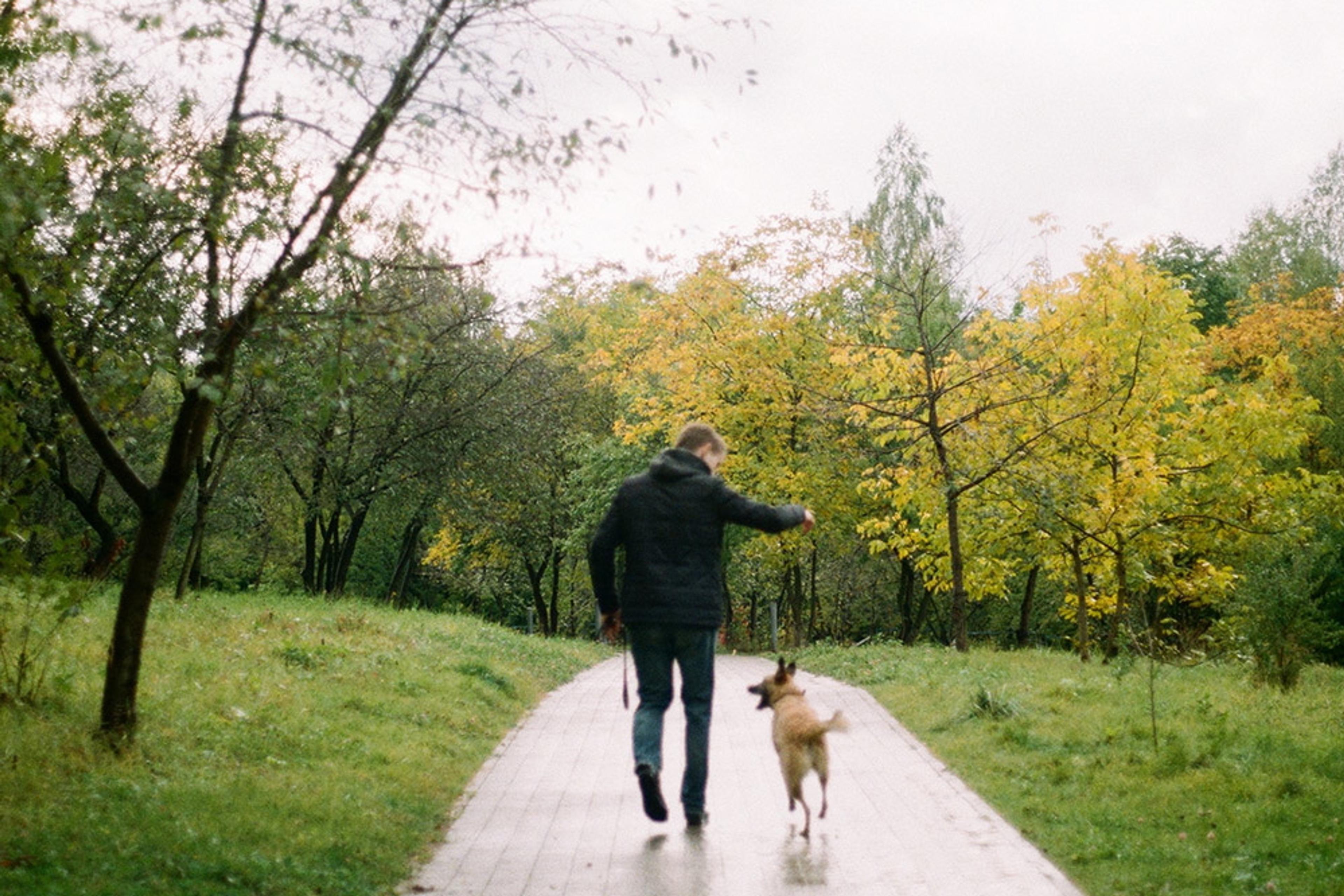
How to engage with life when you feel down
Withdrawing from activities you enjoy is both a product and cause of low mood. Break the cycle with behavioural activation
by Lucy Foulkes

Withdrawing from activities you enjoy is both a product and cause of low mood. Break the cycle with behavioural activation
by Lucy Foulkes

They’re controversial yet they help countless people. To see if pills are right for you, these are the questions to ask
by Stephen Lawrie

Understanding depression as an altered state of consciousness, like a dream or drug trip, could help people awaken from it
by Cecily Whiteley & Jonathan Birch

Learn to spot unhealthy perfectionism, understand its emotional sources and find a way to silence that self-critical voice
by Margaret Rutherford
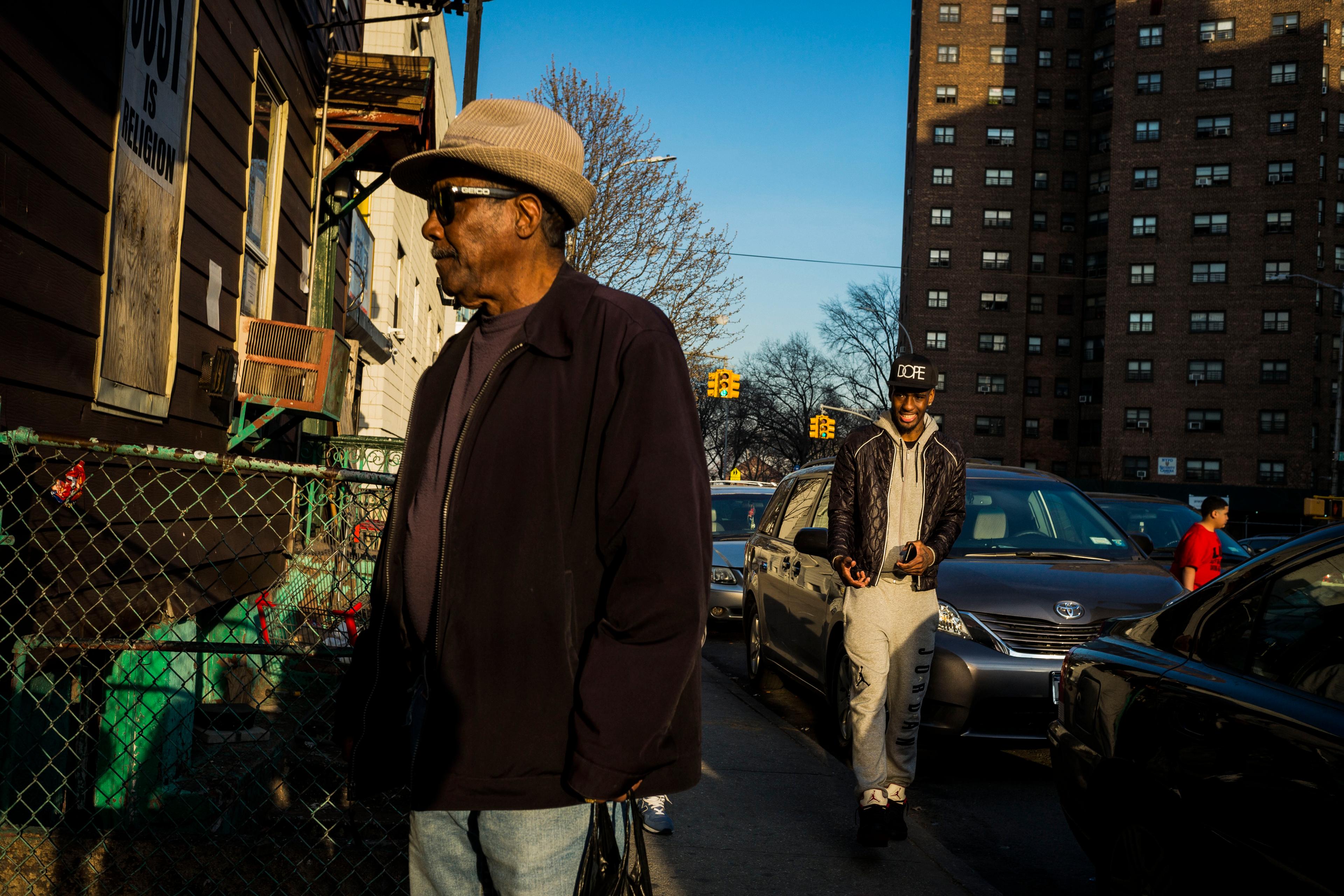
Large cities might seem detrimental to mental health but a comparison of depression rates suggests bigger is better
by Andrew Stier
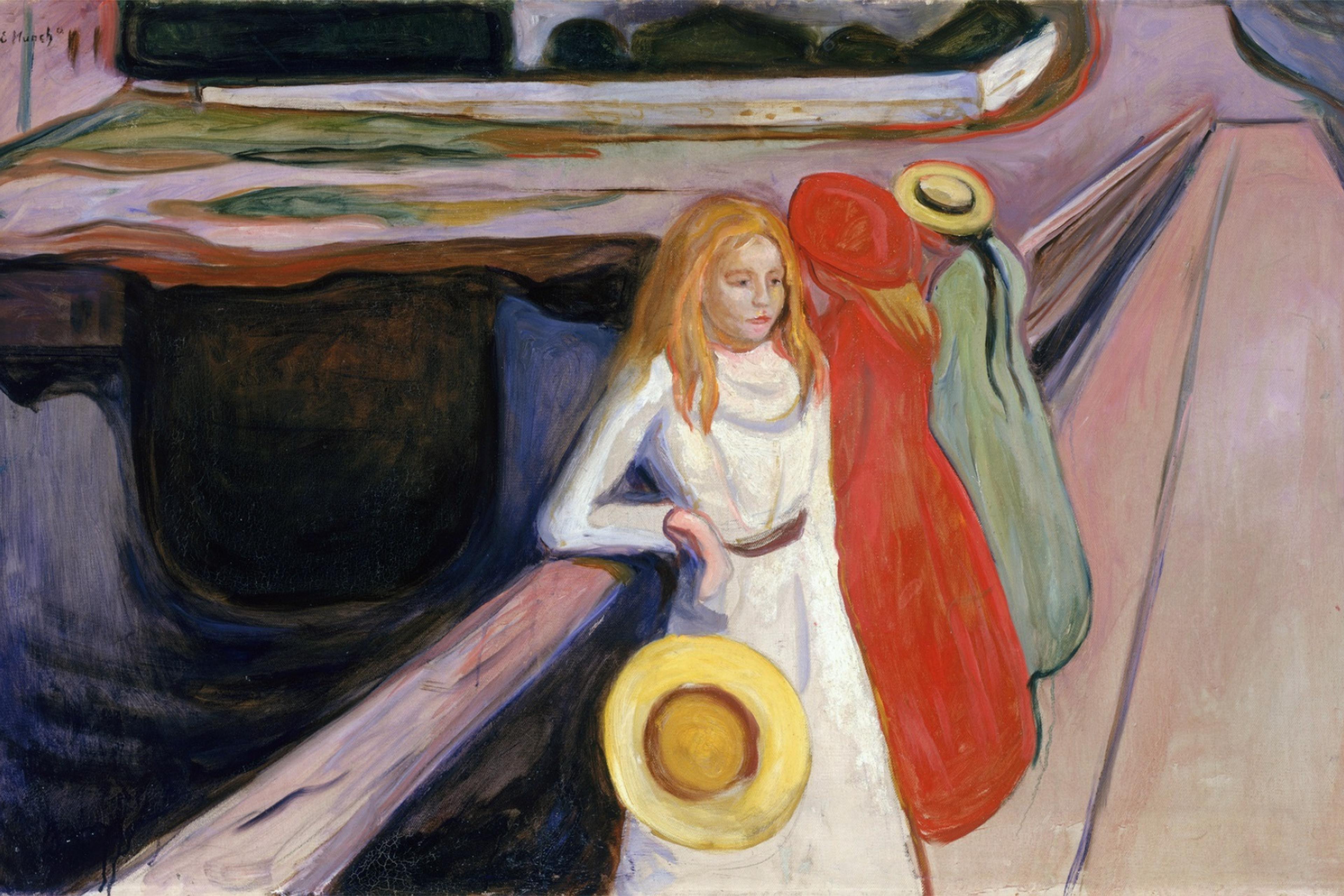
Like viruses, our internal mental states are socially transmissible, and it’s easier to catch happiness than depression
by Jack Andrews
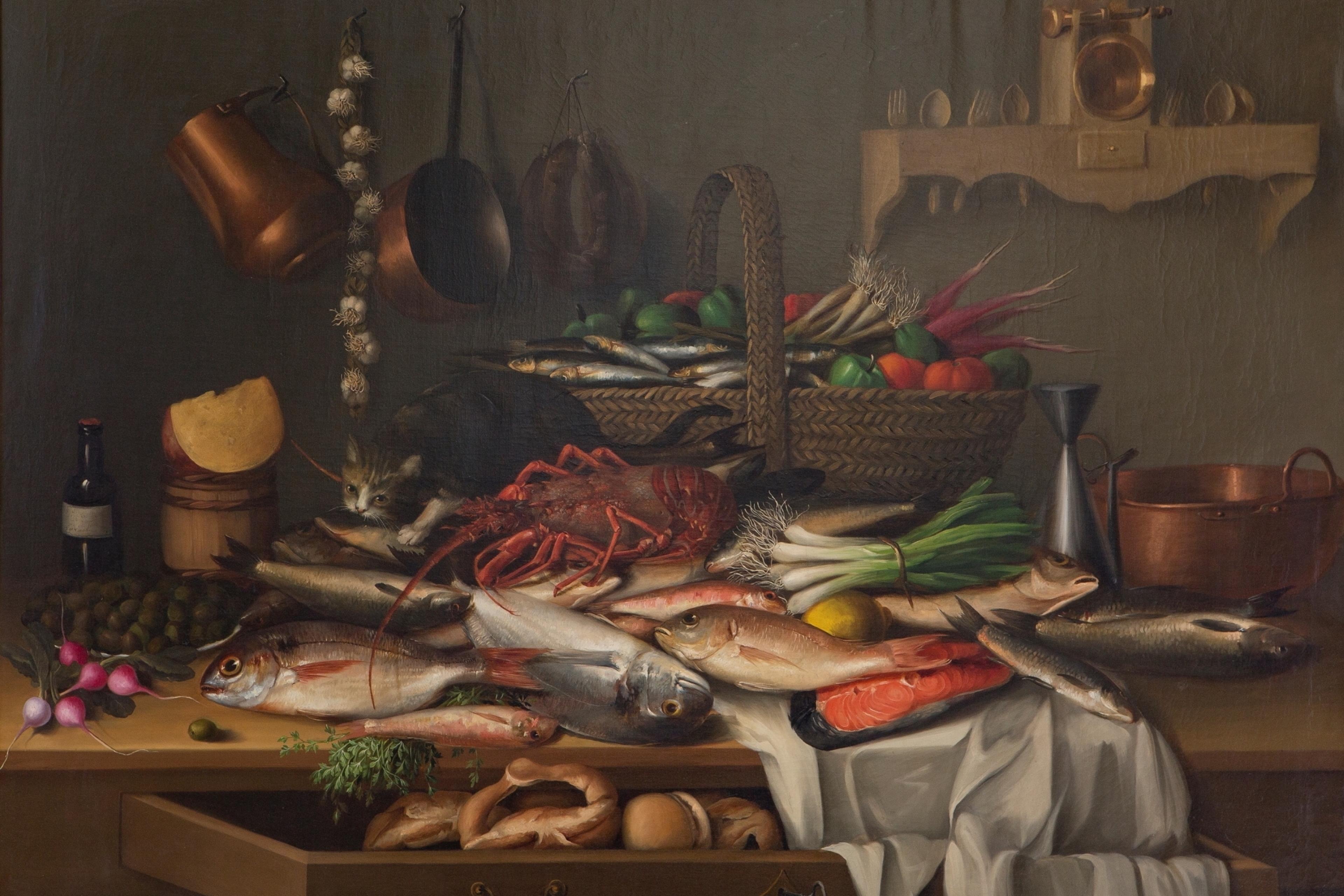
Depression and low mood are not separate from the rest of your bodily health: the right diet can help reduce your risk
by Kimberley Wilson

Twice as many people worldwide die from suicide as from homicide. Here’s how to help your loved ones back from the brink
by Lindsay Weisner

If hopelessness is learned, then it can be unlearned: how groundbreaking studies paved the way to help cultivate hope
by Emily Esfahani Smith

For people with depression, anxiety and other conditions, reaching high wellbeing – not just recovery – is a real possibility
by Jonathan Rottenberg & Andrew Devendorf
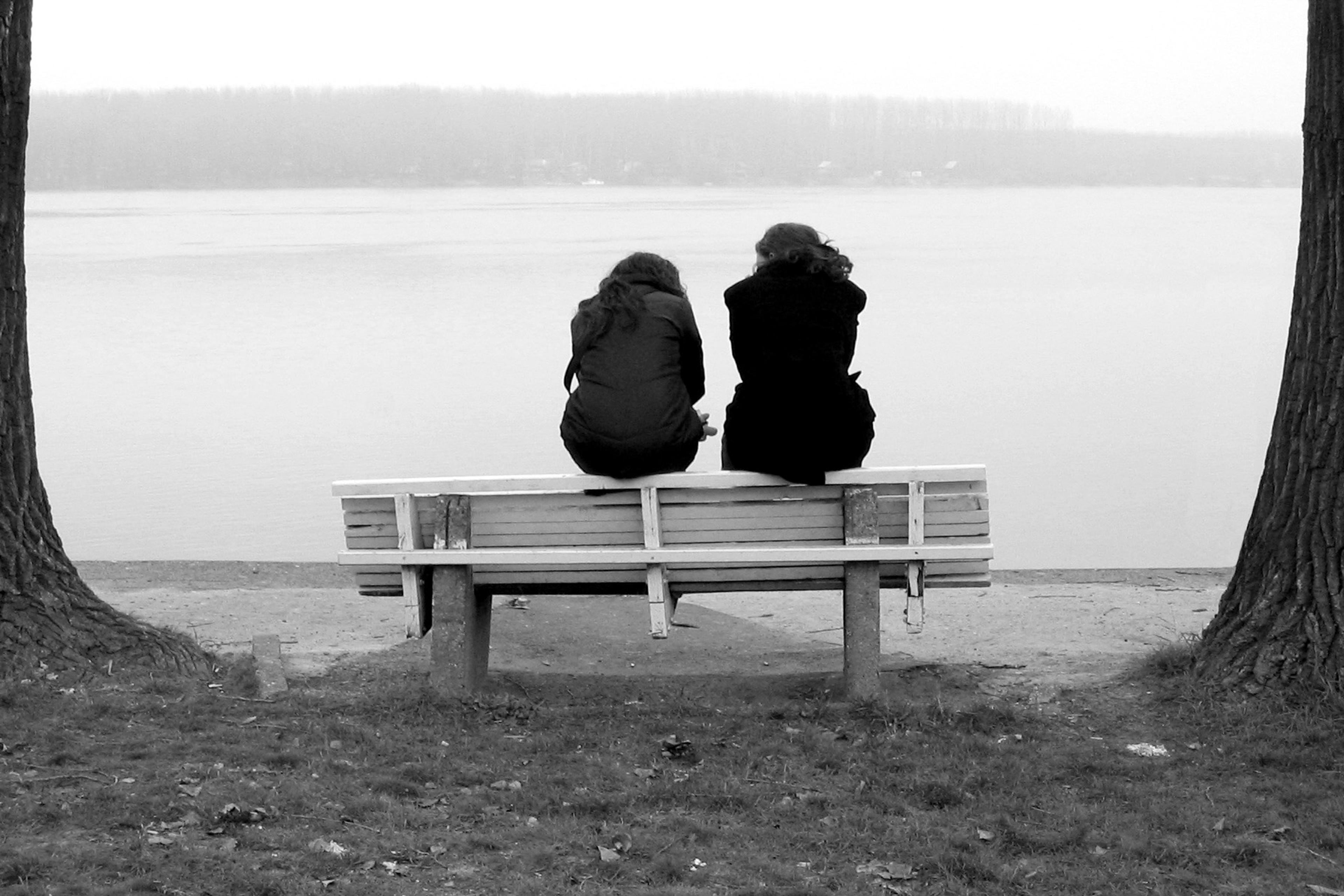
Being there for someone can be challenging. A clinical psychologist shares what to say and do to help them feel less alone
by Emma Cotterill

My clinical work has shown me that happiness is a ghost that’s not worth pursuing – there are far wiser goals in life
by Rafa Euba

Contrary to popular beliefs about winter sluggishness and depression, human cognition is not affected by the seasons
by Tim Brennen
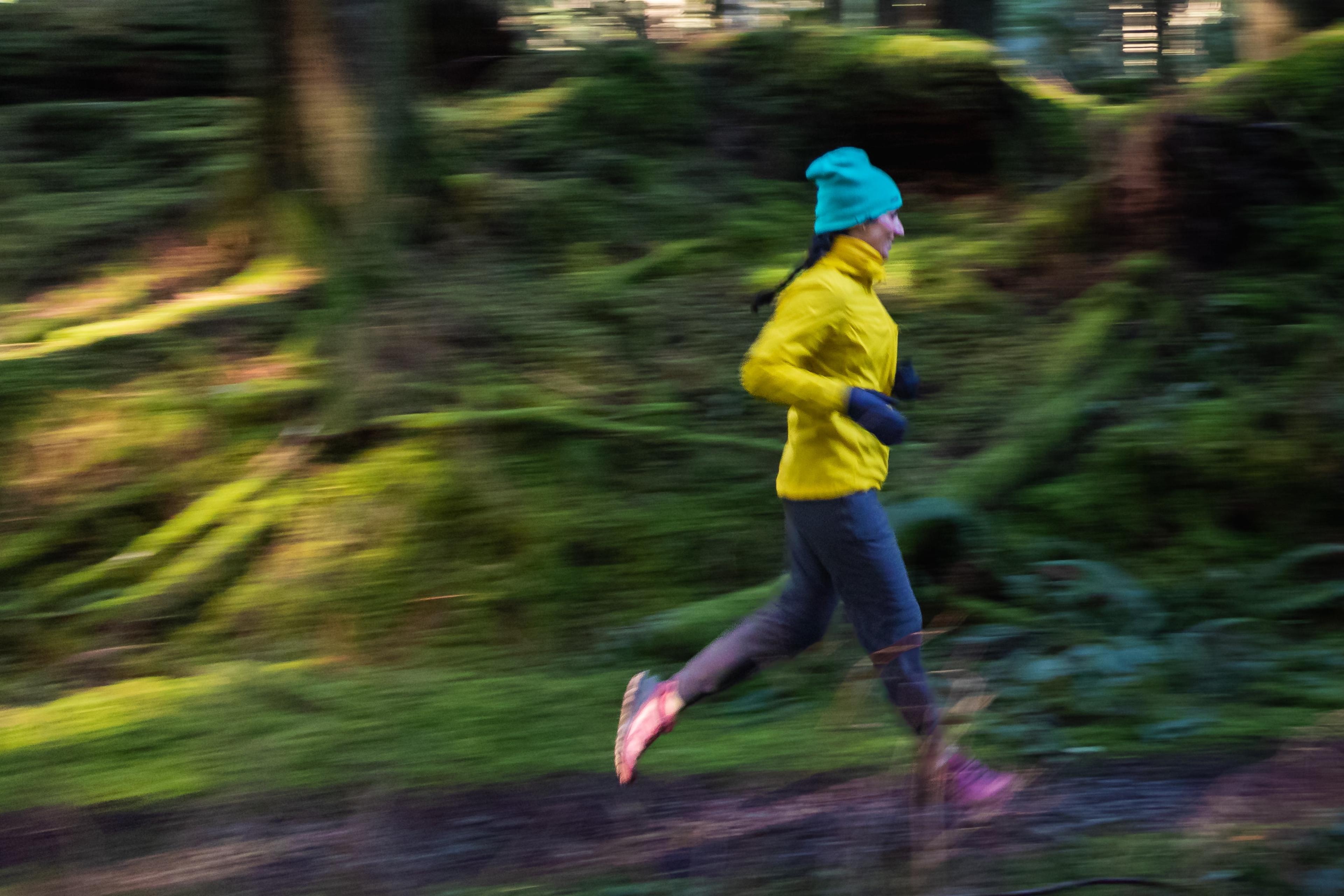
The long-term benefits of regular exercise for mood are well-known. What’s surprising is that just one session can help
by Matthew Bourke & Rhiannon Patten
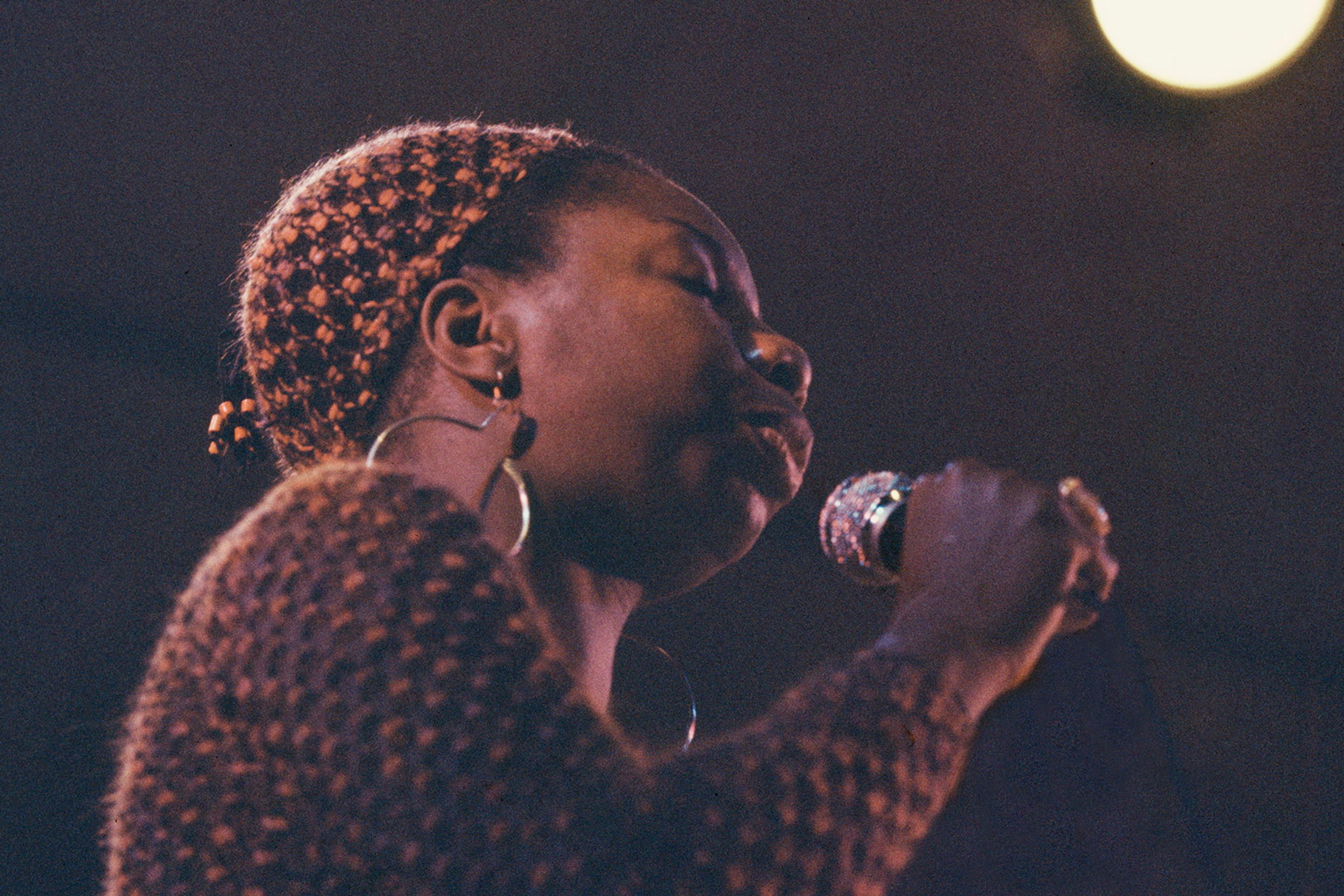
In new research, scientists have looked into the potential benefits of giving people with depression the aesthetic chills
by Shayla Love
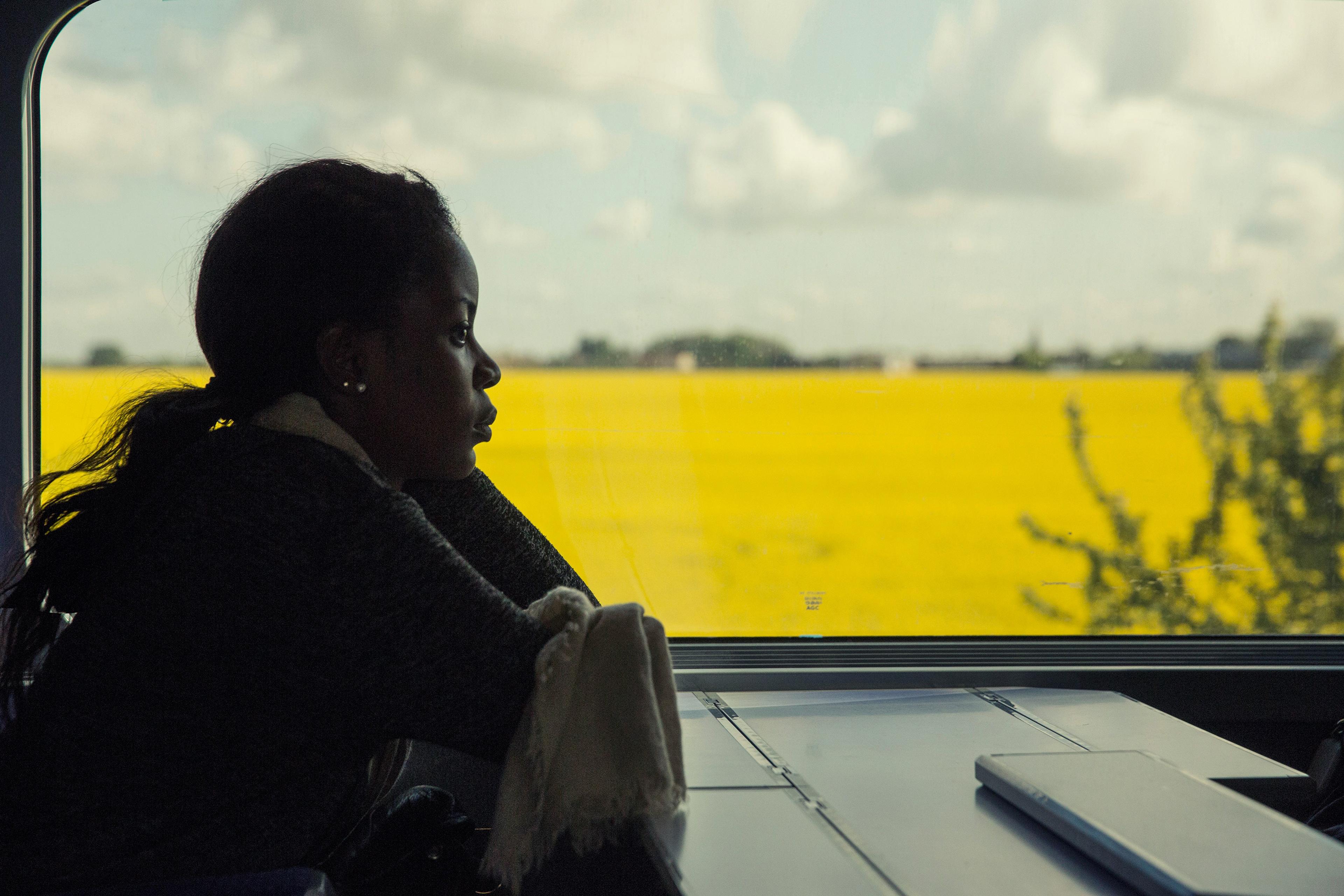
Some people tune into bodily sensations while daydreaming, others don’t – with implications for anxiety, depression and ADHD
by Leah Banellis